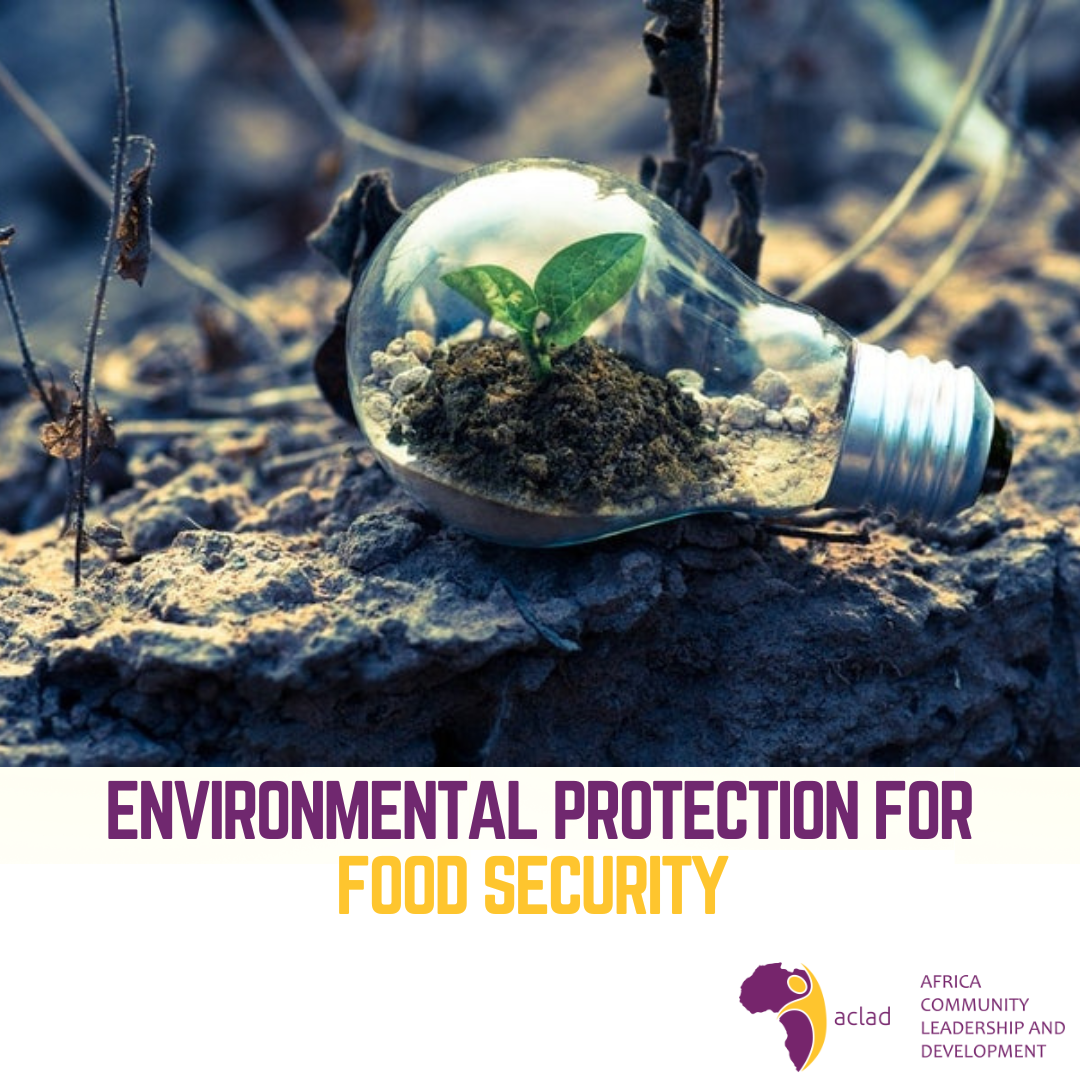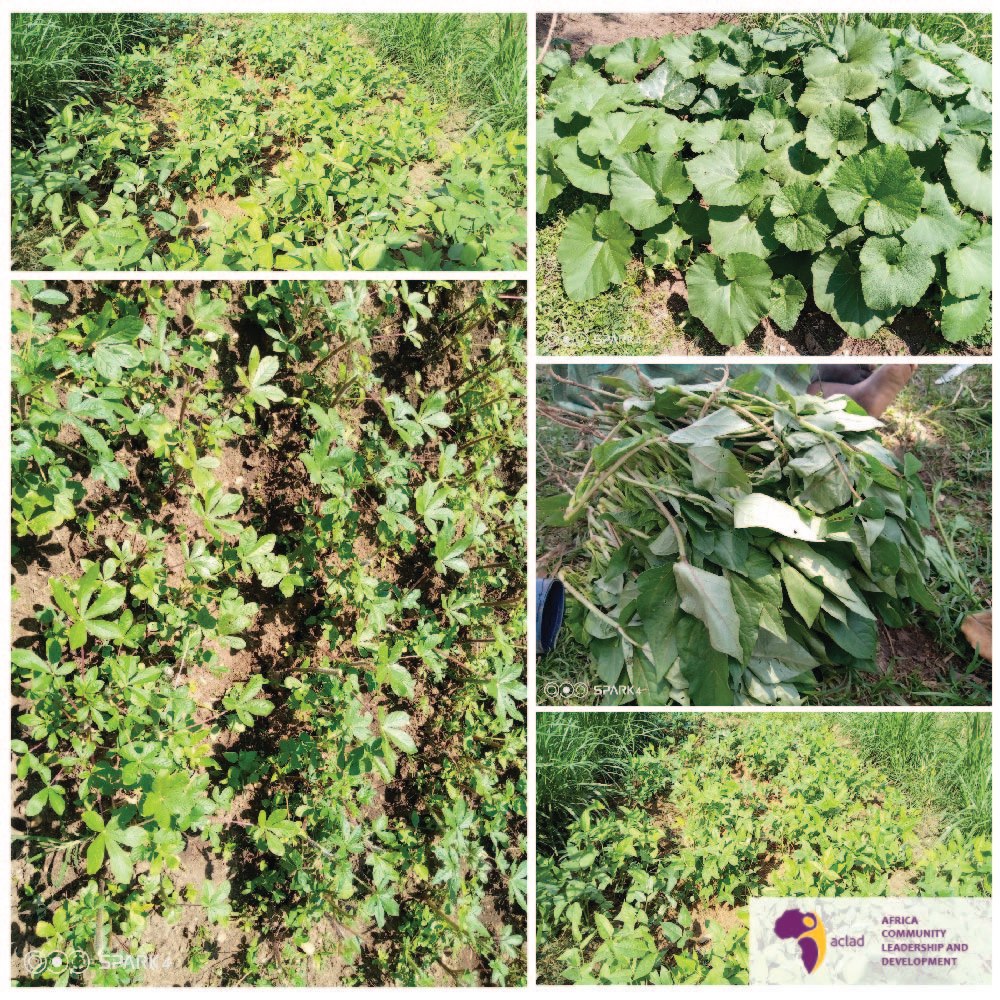Environmental protection for food security

Planet Earth faces a triple emergency: first, the climate is heating up too quickly for people and nature to adapt; second, habitat loss and other pressures mean an estimated one million species are threatened with extinction and third, pollution continues to poison our air, land and water.[1] One way out of this predicament, as a way of healing the planet, is to transform our economies and societies to make them inclusive, fair and more connected with nature. There must be a deliberate shift from harming the planet to healing it. The campaign for World Environment Day 2022 calls for collective, transformative action on a global scale to celebrate, protect and restore our planet.
But what can farmers do to play a role in healing Planet Earth? From the agricultural perspective, farmers -both small and large scale- can adapt some changes that can significantly reduce their own environmental impact in the process as well as produce more produce while lowering their impact on climate change. We at ACLAD encourage and teach our farmer groups in Western Kenya to take the truly transformative option towards sustainability through designing and implementing sound management plans that increase output, decrease food insecurity, lower both operation costs and impact on the environment.
This solution involves conservation agriculture where our farmer groups practice practical conservation agriculture practices like minimal tillage, use of compost manure and fertilizers, cover crops and appropriate user-friendly technology, maximization of land use and appropriate animal husbandry. These cover crops that we provide our farmers are nitrogen fixing leguminous crops such as Spider Plant (Saga), Black Nightshade (Managu), Cowpeas (Kunde), Jew’s mallow (Murere), Crotalaria (Miroo) which go a long way in reducing soil erosion, keeping soil in place during heavy rains and flooding (a side effect of climate change) and thereby improving water quality. The natural composts which are applied by our farmer groups enrich the soil and encourage biodiversity of the soil.

We strive to ensure that families in every community always have access to sufficient and nutritious food. We partner with Bio-Gro USA to enhance community resilience in food security through care and restoration of the environment thus enabling communities to experience greater food security, increase incomes, and maintain sustainable food production – as evidenced by food production through interventions that best fit all members of the community – young men and women, elderly men and women as well as children.
#OnlyOneEarth
Catherine Muteithia
ACLAD Research and Communications Assistant
